
views
Working at a mill in Ganapavaram in Guntur for 12 hours a day, taking care of her children and getting beaten by her drunk husband was a daily routine in Krishna Kumari’s life. The death of her four-year-old son and constant nagging about not earning enough forced her to join the flesh trade. After two years, Kumari said she felt it was time to come out of it all. She found a helping hand from HELP, an NGO which rehabilitates women who are victims of prostitution and sex trafficking. Kumari is now a community guide in her village, counselling sixty women who have had a similar life experience. Not only Kumari but hundreds of such women all over the state have been rescued by HELP. Most have become community guides in their villages who have regular meetings with women, discuss their problems and report it to the authorities at the NGO. Looking back at that dark phase of her life, Kumari says, “I did earn money and was happy with my family being content but there was always a sense of guilt. I realised if I can put in the same effort to work as a labour somewhere and earn sufficient money without having to sell my body, my children will have a better future. They would respect me for what I am.” But its no doubt a difficult process for acceptance in society of sex workers.To make this process easier, HELP, in collaboration with Plan, organised a two-day state level consultation on Friday for over 100 such victims and created a common platform for the women, NGOs and government to address their problems on. Minister for women development and child welfare Sunitha Lakshma Reddy said the state government has been taking all necessary measures for women’s welfare. “Setting up Concerned for Working Children committees, increase in rehabilitation measures, anti-trafficking measures with emphasis on women in border areas, developing missing persons website have been adapted to improve the condition of women.” She added that the women and child help line 1091 must be used by people to inform the government for immediate help. Ram Mohan, founding member of HELP said, “We are aware of their problems but bringing them to the concerned authority is what it essential. Through this consultation programme we are trying to generate awareness about their rights and how they can exercise them.” Ram Mohan talks about the difficulty of finding acceptance for these women. “An 18-year-old girl rescued by us was taken back home by her uncle and they got her married. When we wanted her help to identify the trafficker, she could not come out and give a statement as her husband would then have ditched her. The stereotypes are hard to be broken down,” he said. Programme manager of Plan, Hyderabad chapter Vijaya Bhawani said, “I have been associated with Plan for five years and it is no cakewalk. Hard-hitting realities and inequality is widespread. We do our bit to bring in change.” She adds, “People think it is easy for these women to get into prostitution. When we talk to these women, they tell us how difficult it is to survive. In the first week, these women are given 250 coupons, their target for the week. This degrades their health and regular cycle and they become very weak.”Bhavani is also associated with a project called Cross-Border Trafficking under which girls who have been trafficked from countries like Sri Lanka, Bangladesh and Nepal are re-transported back to their homes. “We have more than twenty girls from Nepal and Bangladesh in the city itself. Traffickers produce bogus passports and documents after which they are brought here or sent to other countries. The problems are sensitive and have to be dealt with soon.”The programme also dealt with status of survivors, their care and protection, prevention of trafficking, role of political parties and media in fighting it and existing government orders and implementation.










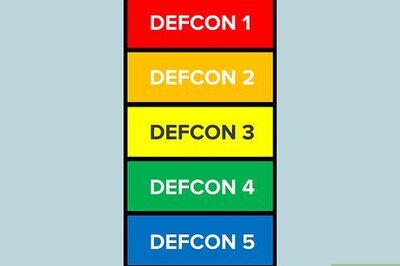
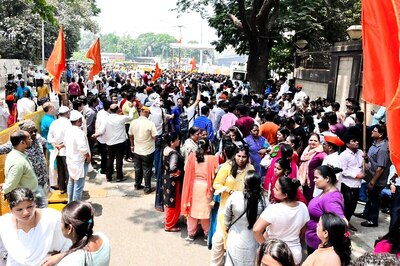
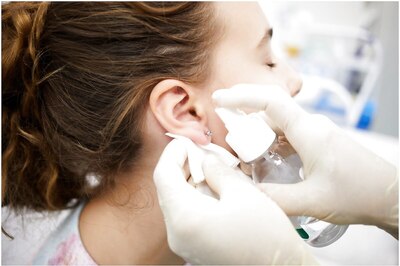




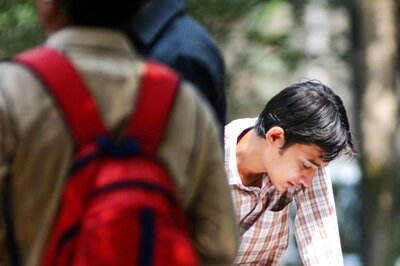
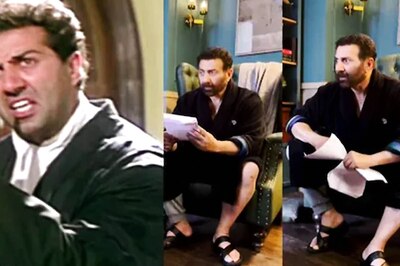
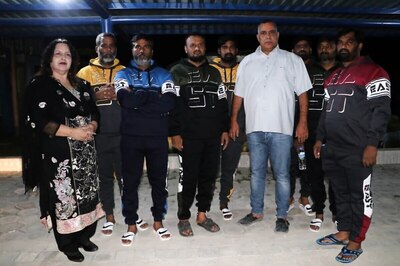
Comments
0 comment